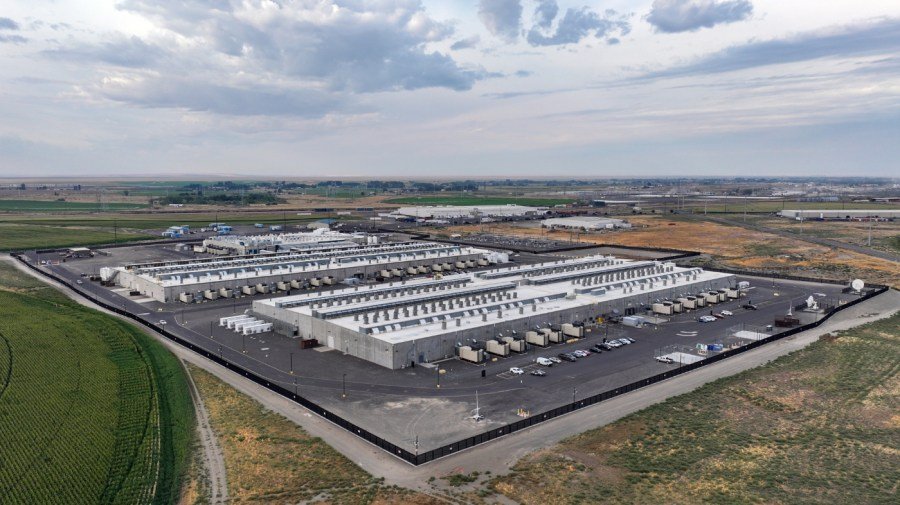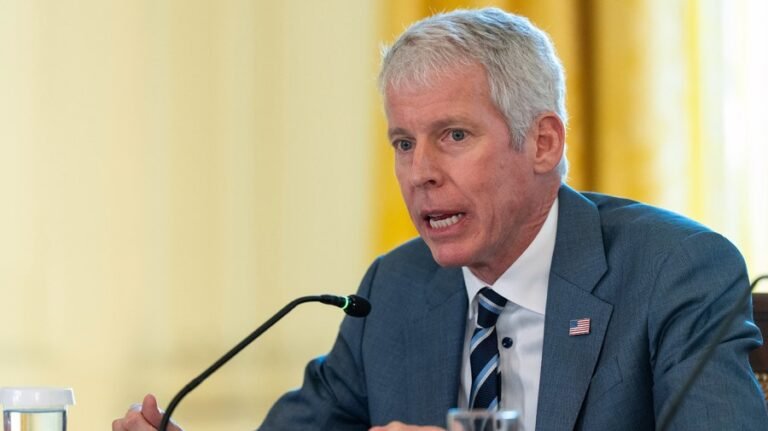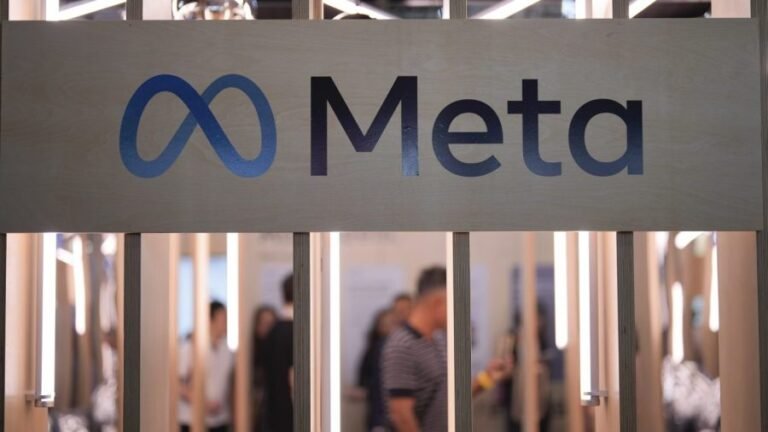
A new poll shows growing concerns among citizens over the potential environmental effects caused by artificial intelligence (AI).
The Associated Press-NORC Center poll, released Thursday, found around 4 in 10 U.S. adults say they are either “extremely” or “very” concerned about AI’s environmental impact.
Comparatively, 30 percent said they are “somewhat” concerned and 27 percent were either “not very or not at all” worried about the new technology’s effect on the planet.
Some concerns stem from AI data centers, which take up large portions of land and require access to a water source, which cools computers that can overheat from the amount of use required for large language models.
Tech billionaire Elon Musk is currently developing an AI data center in Memphis, Tenn., which has been subject to complaints from residents who said the turbines on site have released hazardous materials into the air in violation of the Clean Air Act.
Aaron Gunnoe, a 29-year-old independent in Ohio, told the Associated Press he’s worried about the lack of effort made to mitigate environmental hazards.
“They haven’t done anything in the way of offsetting it cleanly,” he said, referring to the large amounts of electricity and fossil fuels used to power AI data centers.
“They just keep building more and more,” Gunnoe added.
Around half of Democrats surveyed said they are “extremely” or “very” concerned about the environmental impacts of AI, while about one-third each of independents and Republicans said they felt the same, according to the AP-NORC poll.
James Horner, a 52-year-old Republican in South Carolina, said he believes AI will solve its own energy problem.
“It’s going to help everybody,” he told AP. “I think it’s going to be able to figure out these processes happening in our body that scientists, as smart as they are, haven’t figured out yet. With supercomputers taking all that data, I think it will help everything, health care, the environment. If it’s used correctly, it will do good.”
Meanwhile, about one-quarter of survey participants said AI will help more than harm, and roughly the same share said the opposite. Around half of poll takers said they are unsure or that it won’t make a difference.
“I think it’s a black box. I don’t know how we can know,” Amy Fennewald, a 61-year-old Democrat in Minnesota, told AP.
The AP and NORC Center surveyed 3,154 adults from Sept. 2-18. The margin of error is plus or minus 2.4 percentage points.


